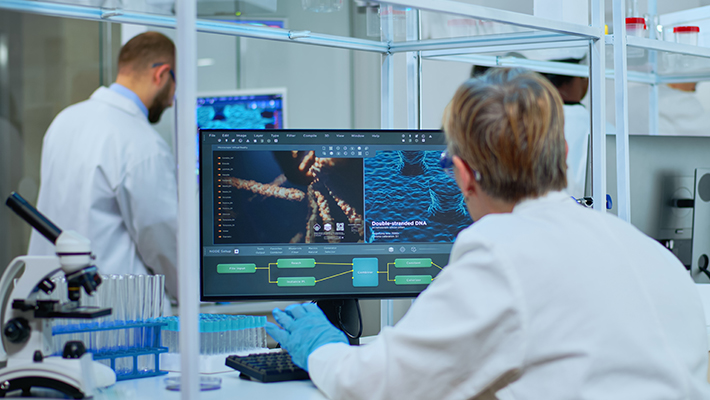
On February 16, Anvisa published in the Official Journal of the Union, the Collegiate Board Resolution (RDC) 601/2022, which deals with the simplified analysis, in an exceptional and temporary way, of clinical research petitions. This Resolution aims to optimize the release of petitions for consent in clinical research.
Thus, as provided for in item I of article 39 of Ordinance 162/2021, this rule deals with a regulatory measure aimed at dealing with an emergency situation. With this change, the release of petitions for consent in clinical research becomes even faster. The measure, however, is only valid when regulatory authorities of notable recognition authorize the petitions.
RDC 601/2022 broadens the scope for the protocol inclusion of all clinical indications, not just Covid-19 and rare diseases, and the application of Service Guideline (OS) 103/2021 for Specific Clinical Trial Dossiers (DEECs) initials. In this context, the standard also encompasses the rules of OS 104/2021 and adapts the regulatory instrument to Good Regulatory Practices.
What is Clinical Research?

Before a drug or procedure is approved, a series of clinical studies is required, through scientific research with human beings, to evaluate its safety and effectiveness through data collection, such as exams, procedures, blood collection, interviews, among others.
Research involving human beings is carried out in 4 phases: first, in healthy individuals to assess safety and optimal dosage; second, with a greater number of people also observing adverse reactions; third, with a larger group to confirm phase 2 data and also comparison with another product; and in the last phase, 4, with the product already on the market to check reactions, new uses or combinations.
All research must be submitted to a Research Ethics Committee (CEP) and conducted in accordance with Good Clinical Practice (GCP), ensuring the protection of the rights, integrity and confidentiality of research participants, as well as the credibility and accuracy of the reported data and results.
Likewise, all participation is voluntary and the process of applying the Free and Informed Consent Form (ICF) allows the participant to access information relevant to the decision to participate, or even discontinue your participation in the study at any time and without any kind of damage.
Additional guidance on the new resolution

Once this resolution is published, the stated service guidelines will be revoked. However, the subject codes contained in these service guidelines will continue to be used and linked to the case number of the clinical trial or of the corresponding Clinical Drug Development Dossier (DDCM), according to the list below:
- 12102 – Clinical Trials – simplified analysis of consent in the clinical research process provided for in the development plan.
- 12103 – Clinical Trials – Simplified analysis of substantial amendment to the clinical protocol.
- 12104 – Clinical Trials – simplified analysis of DDCM modification – inclusion of a clinical trial protocol not provided for in the initial development plan.
- 11634 – Clinical Trials – simplified quality dossier analysis.
It is also important to inform that a specific queue will be created for petitions that fall within the aforementioned RDC. Access the Collegiate Board Resolution (RDC) 601/2022 to understand.
If you own a company and need to know more about regulatory matters, contact Licempre. Our team is prepared to answer all your questions and offer the best solution for your business.


